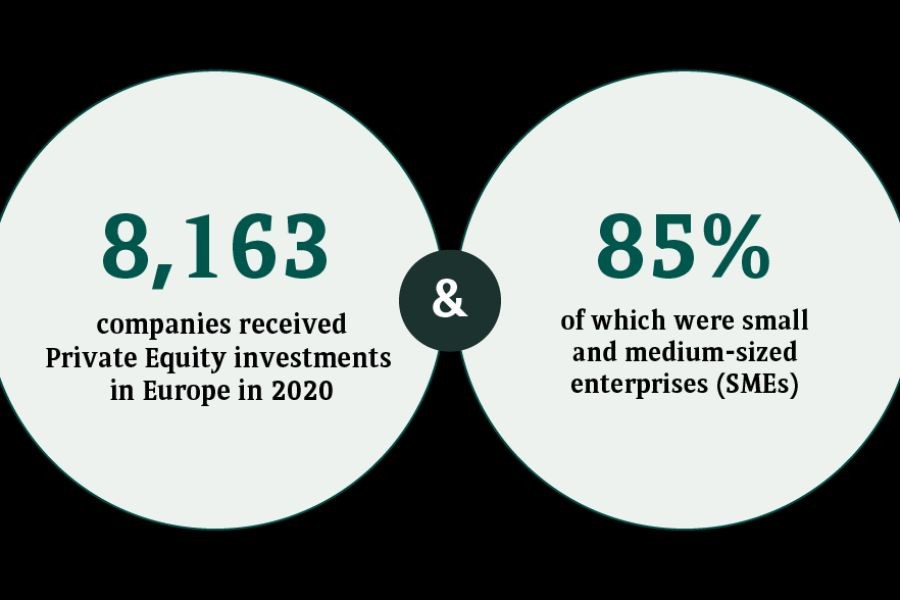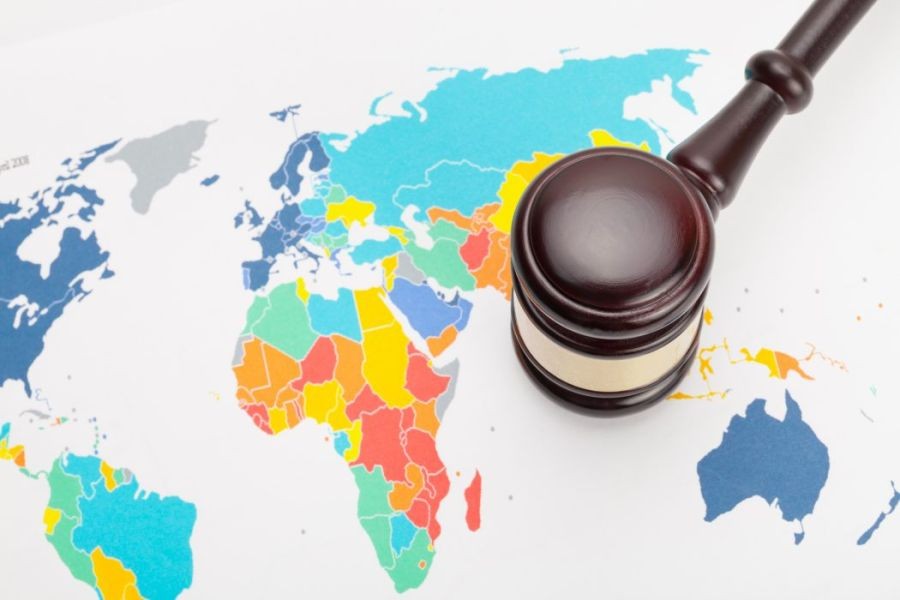New Zealand's foreign policy has undergone significant transformations, influenced by various historical milestones that have shaped the country's approach to international relations. As the world becomes increasingly interconnected, understanding these key moments is crucial for innovation consultants seeking to navigate the complexities of global business and policy. This article explores pivotal events and the contrasting views surrounding New Zealand's foreign policy, offering insights into how these developments impact the economy and industries today.
The Shift from Isolation to Integration
Initially, New Zealand's foreign policy was characterized by a strong alignment with the United Kingdom, reflecting its colonial ties. However, a major shift occurred after World War II, when New Zealand began to establish its own identity on the global stage. The ANZUS Treaty of 1951 marked a significant turning point, aligning New Zealand with the United States and Australia, and setting the stage for a more independent foreign policy.
Debate: Alignment with the US vs. Independent Policy
The decision to strengthen ties with the United States sparked debate within New Zealand. Advocates argued that it enhanced security and economic opportunities, while critics feared it compromised New Zealand's sovereignty. The 1984 nuclear-free policy further highlighted this tension, as New Zealand banned nuclear-powered ships, leading to a temporary suspension of ANZUS obligations.
Pros and Cons of the Nuclear-Free Policy
New Zealand's nuclear-free stance is a defining feature of its foreign policy, reflecting a commitment to environmental and humanitarian values.
Pros:
- Global Recognition: Enhanced New Zealand's reputation as a leader in disarmament and environmental protection.
- Independent Identity: Strengthened national identity and sovereignty.
- Economic Opportunities: Opened up trade with countries that shared similar values, such as Japan and the European Union.
Cons:
- Strained Alliances: Temporarily affected relations with the United States, impacting security agreements.
- Economic Risks: Initial concerns over trade disruptions with nuclear-capable countries.
- Isolation: Risk of diplomatic isolation in a predominantly nuclear-armed world.
Case Study: Trade with China
New Zealand's evolving relationship with China illustrates the complexities of balancing economic interests with ethical considerations. In 2008, New Zealand became the first developed country to sign a free trade agreement with China. This move significantly boosted trade, with exports to China increasing from NZD 2.3 billion in 2008 to over NZD 16 billion by 2020 (Stats NZ).
Problem:
New Zealand faced the challenge of maintaining a balance between economic benefits and human rights concerns, particularly regarding China's political actions.
Action:
New Zealand engaged in diplomatic dialogues to address concerns while expanding trade relations. The government emphasized transparency and adherence to international norms.
Result:
- Trade Growth: Exports to China grew by 600% over 12 years.
- Diplomatic Recognition: New Zealand maintained a positive diplomatic stance, balancing economic growth with ethical considerations.
Takeaway:
This case study highlights the importance of strategic diplomacy in fostering economic growth while upholding national values. New Zealand businesses can learn from this approach to expand globally while maintaining ethical standards.
Data-Driven Insights: The Economic Impact of Foreign Policy
New Zealand's trade policies have direct implications for its economy, affecting industries ranging from agriculture to technology. According to the Ministry of Business, Innovation, and Employment (MBIE), trade agreements contribute to around 30% of New Zealand's GDP, underscoring the critical role of foreign policy in economic growth.
Contrasting Views: Free Trade vs. Protectionism
The debate over free trade versus protectionism remains relevant in New Zealand. While free trade agreements have opened markets and boosted exports, some argue that they can undermine local industries and lead to job losses.
Advocate Perspective:
- Economic Growth: Free trade agreements have facilitated market access, leading to increased exports and GDP growth.
- Consumer Benefits: Enhanced competition leads to better quality products and lower prices.
Critic Perspective:
- Industry Vulnerability: Local industries may struggle against international competition.
- Job Losses: Potential for job displacement in certain sectors.
Middle Ground:
A balanced approach that includes strategic trade policies and support for local industries can mitigate the negative impacts while maximizing economic benefits.
Common Myths and Mistakes in Understanding New Zealand's Foreign Policy
Myth: New Zealand's Foreign Policy is Isolationist
Reality: While New Zealand emphasizes independence, it actively engages in global trade and diplomacy, evidenced by its numerous free trade agreements.
Myth: Nuclear-Free Policy Weakens National Security
Reality: The policy has enhanced New Zealand's global standing and facilitated alliances with non-nuclear nations, contributing to security through diplomacy.
Myth: Free Trade Only Benefits Large Corporations
Reality: Small and medium enterprises (SMEs) in New Zealand have also benefited from expanded market access and reduced tariffs, as highlighted by the success of many Kiwi exporters.
Future Trends: The Evolution of New Zealand's Foreign Policy
As global dynamics shift, New Zealand's foreign policy will continue to evolve. By 2030, experts predict an increased focus on sustainability and digital trade. According to a report by NZTech, digital exports are expected to reach NZD 16 billion by 2030, driven by innovation in technology and services.
Conclusion: Navigating the Future of New Zealand's Foreign Policy
New Zealand's foreign policy has been shaped by historical moments that reflect its values and strategic interests. For innovation consultants, understanding these developments offers insights into navigating global markets and fostering sustainable growth. As New Zealand continues to balance economic opportunities with ethical considerations, businesses can draw lessons from the past to thrive in an interconnected world.
What’s your take on the future of New Zealand's foreign policy? Share your insights below!
People Also Ask (FAQ)
How does New Zealand's foreign policy impact its economy?
New Zealand's foreign policy facilitates trade agreements that contribute to 30% of GDP, boosting exports and economic growth (Source: MBIE).
What are the biggest misconceptions about New Zealand's foreign policy?
A common myth is that New Zealand's foreign policy is isolationist. However, the country actively engages in global trade with numerous free trade agreements.
Related Search Queries
- New Zealand foreign policy history
- Impact of ANZUS Treaty on New Zealand
- Nuclear-free New Zealand policy effects
- New Zealand and China trade relations
- Future trends in New Zealand's foreign policy
- New Zealand trade agreements
- New Zealand's diplomatic strategy
- Economic impact of New Zealand's foreign policy
- Free trade vs. protectionism in New Zealand































AntonyKers
2 months ago